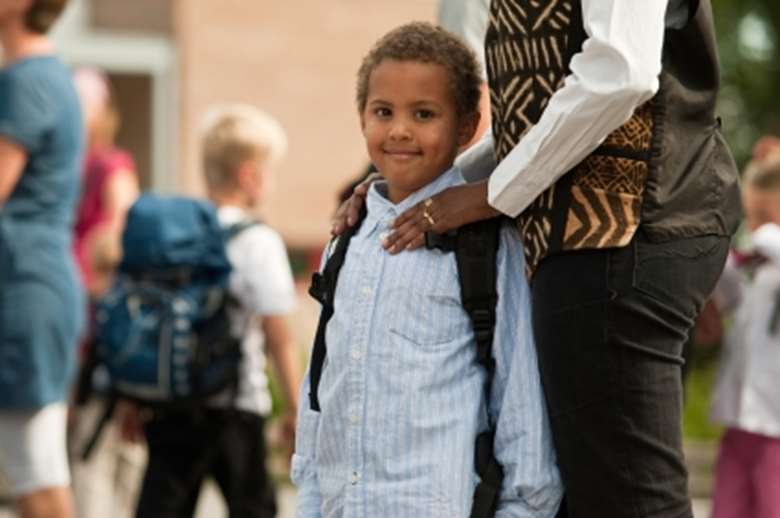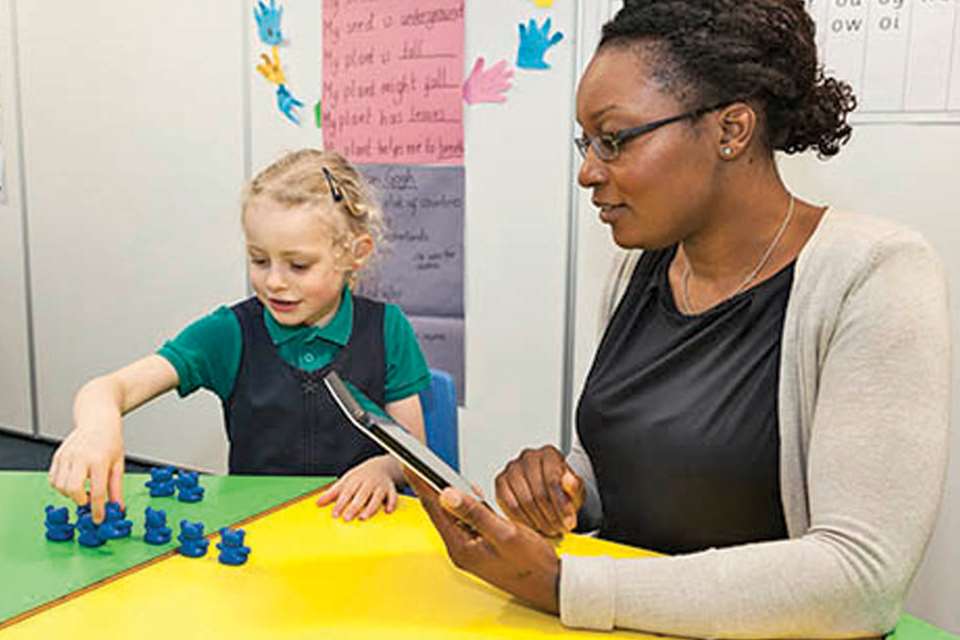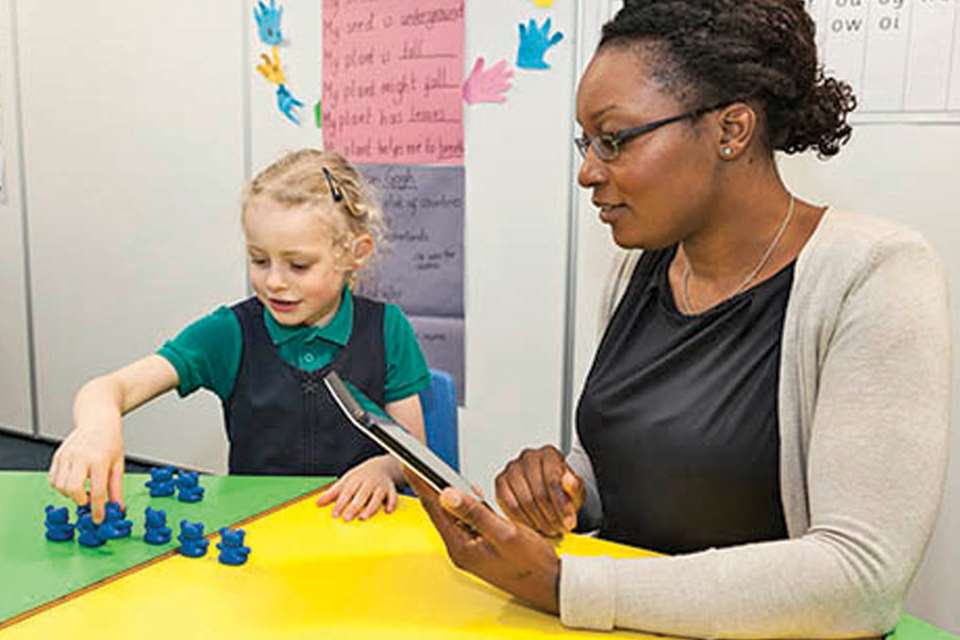More five-year-olds achieving a 'good level of development'
Wednesday, October 14, 2015
The number of children achieving the expected level for their age at the end of Reception has continued to rise.

The Early Years Foundation Stage Profile results for 2015 show that 66 per cent of children achieved a good level of development at the end of Reception, compared to 60 per cent the year before.
This is an increase of six percentage points, equivalent to an extra 38,600 children achieving the expected standard in maths and literacy, as well as communication and language, physical development and social and emotional development.
The Department for Education said that the figures, which also demonstrate a rise on those from 2013, show that childcare providers and schools are delivering on the new, more rigorous requirements set by the Government in 2012.
While girls continue to outperform boys, the results reveal that the gender gap has narrowed slightly.
In 2015, 74 per cent of girls achieved the expected level of development compared with 59 per cent of boys.
The gap between the lowest and highest attaining children has also decreased, as has the gap for the percentage of children achieving at least the expected level in all early learning goals, with boys improving at a faster rate than girls.
Education and childcare minister, Sam Gyimah, said, ‘We know that the first few years of a child’s life are vital in terms of how well they go on to do at school and beyond.?
‘It is great news that more children than ever before are achieving the expected level of development in the early years, because parents should be confident that while their children are out of their care, they’re not only happy and having fun, but at the same time developing important skills – building confidence with numbers and letters - to ensure they fulfil their potential.’
While the sector has welcomed the results, teaching unions and early years organisations have raised concerns that the new baseline assessments will not give as broad a picture of children’s development.
Some schools are piloting the baseline from this term. The baseline will be used to assess children starting Reception in September 2016 and beyond, but schools will be able to introduce the assessments from September 2015. For schools that do not use the baseline assessment in 2015, progress will only be measured from Key Stage 1 to Key Stage 2.
Dr Mary Bousted, general secretary of the Association of Teachers and Lecturers (ATL), said, ‘The news that more children are achieving a good level of development by the end of the EYFS is testament to the hard work and commitment of our teachers. The Early Years Foundation Stage Profile clearly remains a valuable tool for monitoring young children across a broad range of developmental milestones.
‘ATL is not convinced however that the new baseline assessment gives a particularly broad picture of children’s development. We would encourage Nicky Morgan to think carefully about replacing the Early Years Foundation Stage Profile with the narrow letters and numbers assessment that is currently underway in many schools.'
Her concerns were echoed by the Professional Association of Childcare and Early Years (PACEY) and the Pre-School Learning Alliance.
Liz Bayram, chief executive of PACEY, said, ‘The results demonstrate the important of the EYFS Profile as a vital tool to assess children’s physical, social and emotional development as well as educational attainment. PACEY continues to support the campaign Better without Baseline which is calling for baseline assessments to be scrapped and the retention of the EYFS Profile.’
Neil Leitch, chief executive of the Pre-School Learning Alliance, said, ‘At a time when so much focus is on the delivery of childcare, these results are a timely reminder of the importance of early education, and the provision of quality learning opportunities that support young children.
‘They are also a reminder of the value of the EYFS Profile as an essential tool to track early progress across all areas of development. The Alliance continues to urge government to reinstate the EYFS Profile’s statutory status and to support the Better without Baseline campaign against the ill-thought-out, unhelpful and potentially harmful baseline assessment.’
Both the National Day Nurseries Association (NDNA) and 4Children highlighted the need for the performance gap between the least and most disadvantaged children to be narrowed further.
Purnima Tanuku, chief executive of the National Day Nurseries Association (NDNA), said, ‘The latest figures show the great work that our sector is achieving, despite all the challenges they are facing with regards to funding shortfalls and difficulties with recruitment.
‘The gap between the least and most advantaged children is slowly narrowing, but more needs to be done to improve this situation.
‘With the impending doubling of funded childcare hours for three and four-year-olds, this documented progress must not be stalled by limits on funding reducing the quality of the early years education being received in private, voluntary and independent nurseries.’
Imelda Redmond, chief executive of 4Children, said, ‘While it is good news that the attainment gap between children in disadvantaged areas and their peers has closed slightly, it remains worryingly wide.
‘If we are serious about improving social mobility it is vital that we tackle the attainment gap as early as possible in a child’s life. The Early Years Pupil Premium (EYPP) is an essential tool to making this happen.’
- Download the statistics here








